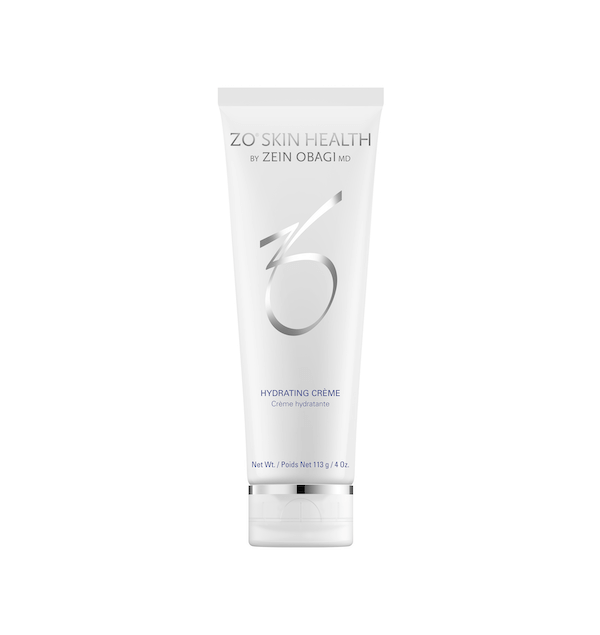Common Myths and Misconceptions About Mohs Surgery
Clearing Up Confusion: Debunking the Top Myths
 Mohs surgery is a specialized technique used to treat skin cancer, renowned for its precision and high cure rate. However, despite its effectiveness, several myths and misconceptions surround the procedure. Understanding the facts can help patients make informed decisions about their treatment. Here, we debunk some common myths about Mohs surgery and provide accurate information to clear up any confusion.
Mohs surgery is a specialized technique used to treat skin cancer, renowned for its precision and high cure rate. However, despite its effectiveness, several myths and misconceptions surround the procedure. Understanding the facts can help patients make informed decisions about their treatment. Here, we debunk some common myths about Mohs surgery and provide accurate information to clear up any confusion.
Myth 1: Mohs Surgery is Painful
One of the most prevalent myths about Mohs surgery is that it is an extremely painful procedure. In reality, Mohs surgery is performed under local anesthesia, meaning you will be awake but will not feel pain during the procedure. Most patients report only mild discomfort, such as pressure or tugging, during the surgery. After the anesthesia wears off, some soreness or swelling may occur, but this is typically manageable with over-the-counter pain relievers.
Myth 2: Mohs Surgery Leaves Noticeable Scars
While it is true that Mohs surgery involves the removal of skin cancer and some surrounding healthy tissue, the goal is to preserve as much healthy skin as possible. Mohs surgeons are skilled in removing cancerous cells while minimizing damage to surrounding tissues. Post-surgery, the incision is often closed with sutures that are placed to minimize scarring. Over time, many patients find that scars become less noticeable as healing progresses. Factors like the location of the surgery and individual healing responses can influence scarring, but your surgeon will provide guidance on scar management.
Myth 3: Mohs Surgery is Only for Facial Skin Cancer
Another common misconception is that Mohs surgery is only suitable for facial skin cancer. While Mohs surgery is indeed frequently used for cancers on the face due to the delicate nature of facial skin and the need for precise cosmetic outcomes, it is also effective for skin cancers on other parts of the body. The procedure can be performed on any area where skin cancer is present, including the scalp, ears, neck, and hands.
Myth 4: Mohs Surgery Guarantees No Recurrence
Although Mohs surgery is highly effective, no treatment can guarantee 100% prevention of cancer recurrence. The procedure’s strength lies in its meticulous approach, which involves removing cancerous tissue layer by layer and examining each layer until no further cancerous cells are detected. This thoroughness significantly reduces the likelihood of recurrence, but it is important to maintain regular follow-up appointments and skin checks to monitor for any new or returning skin cancers.
Myth 5: Mohs Surgery is a Time-Consuming Procedure
Many patients believe that Mohs surgery takes an excessive amount of time, but this is not necessarily the case. The duration of the procedure depends on various factors, including the size and location of the cancer. While Mohs surgery might take several hours in some cases, the process is designed to be efficient, with the aim of removing all cancerous cells in one session.
How about "Next Steps"?
If you have concerns about skin cancer or questions about Mohs surgery, don’t let myths and misconceptions hold you back from seeking the best care. Schedule an appointment with the Skin Surgery Center today to receive accurate information and personalized guidance from our experienced team. We are here to help you navigate your treatment options and ensure the best possible outcomes for your health.
Contact the Skin Surgery Center now to book your consultation and take the next step toward effective skin cancer treatment. Your health and peace of mind are our top priorities.
Featured Products

ZO® Hydrating Crème
Temporarily relieves symptoms of severely dry skin while calming skin to soothe visible irritation and replenishing skin's natural moisture to aid in skin recovery. Net Wt. 113 g / 4 Oz.

SkinCeuticals Hydrating B5 Gel
A highly effective daily serum, Hydrating B₅ contains hyaluronic acid, a naturally occurring component of the skin responsible for maintaining moisture levels, to deliver weightless hydration. Enhanced with vitamin B₅ to promote the skin’s natural repair process, this nutrient-rich gel is ideal for all skin types, and can be used alone for lightweight hydration or with a moisturizer to maximize benefits for drier skin. 1 fl oz / 30 mL
Featured Blogs

- Skin Cancer
- General Dermatology
- Skin Exams
Navigating the landscape of Total Body Skin Exams: Uncover the comprehensive process, understand why it matters for skin health, and gain insights into what to expect during these essential dermatological examinations.
Read More
- Skin Cancer
- Skin Exams
It’s time to face the facts: skin cancer can develop in individuals of all skin colors, including those with darker skin tones.
Read More
- General Dermatology
- Skin Care
- Chronic Skin Conditions
Discover the causes, prevention, and treatment options for melasma during pregnancy. Learn how to manage this common skin condition and protect your skin.
Read More


